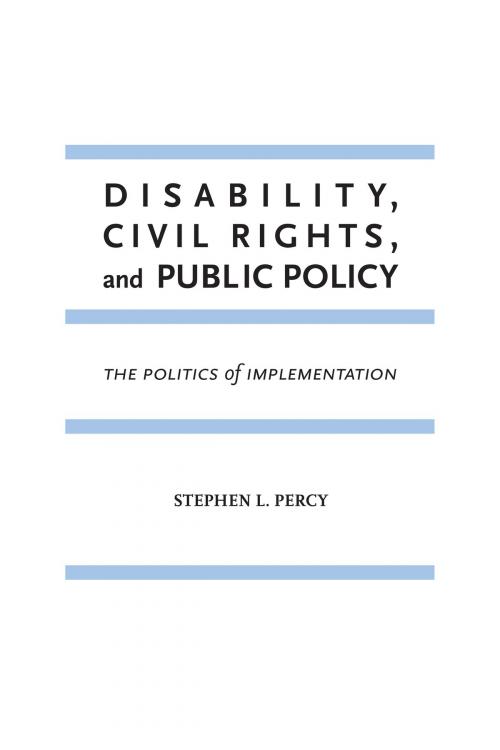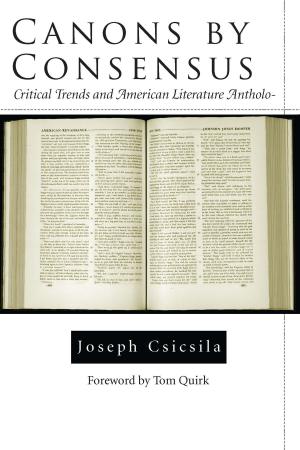Disability, Civil Rights, and Public Policy
The Politics of Implementation
Nonfiction, Reference & Language, Law, Disability, Social & Cultural Studies, Political Science, Politics, Civil Rights| Author: | Stephen L. Percy | ISBN: | 9780817392062 |
| Publisher: | University of Alabama Press | Publication: | April 10, 2018 |
| Imprint: | University Alabama Press | Language: | English |
| Author: | Stephen L. Percy |
| ISBN: | 9780817392062 |
| Publisher: | University of Alabama Press |
| Publication: | April 10, 2018 |
| Imprint: | University Alabama Press |
| Language: | English |
An examination of US public policymaking and securing rights for people with disabilities.
Following on the heels of other Civil Rights movements, disability rights laws emerged in the late 1960s and early 1970s. Often these laws were more symbolic than precise in terms of objectives and strategies to guide the implementation of antidiscrimination policies. Policy refinement, the process of translating legislative mandates into strategies and procedures to govern administrative action, is both dynamic and controversial.
The premise of Disability, Civil Rights, and Public Policy is that implementation policies in these areas evolved through protracted political struggles among a variety of persons and groups affected by disability rights laws. Efforts to influence policies extended far beyond the process of legislative enactment and resulted in struggles that were played out in the courts and in the executive branch. Included within this examination of federal disability rights laws are the role of symbolic politics, the strengths and weaknesses of contemporary models used for the study of policy implementation, and the politics of administrative policymaking.
An examination of US public policymaking and securing rights for people with disabilities.
Following on the heels of other Civil Rights movements, disability rights laws emerged in the late 1960s and early 1970s. Often these laws were more symbolic than precise in terms of objectives and strategies to guide the implementation of antidiscrimination policies. Policy refinement, the process of translating legislative mandates into strategies and procedures to govern administrative action, is both dynamic and controversial.
The premise of Disability, Civil Rights, and Public Policy is that implementation policies in these areas evolved through protracted political struggles among a variety of persons and groups affected by disability rights laws. Efforts to influence policies extended far beyond the process of legislative enactment and resulted in struggles that were played out in the courts and in the executive branch. Included within this examination of federal disability rights laws are the role of symbolic politics, the strengths and weaknesses of contemporary models used for the study of policy implementation, and the politics of administrative policymaking.















